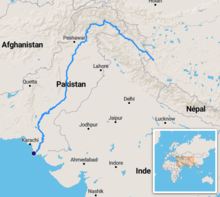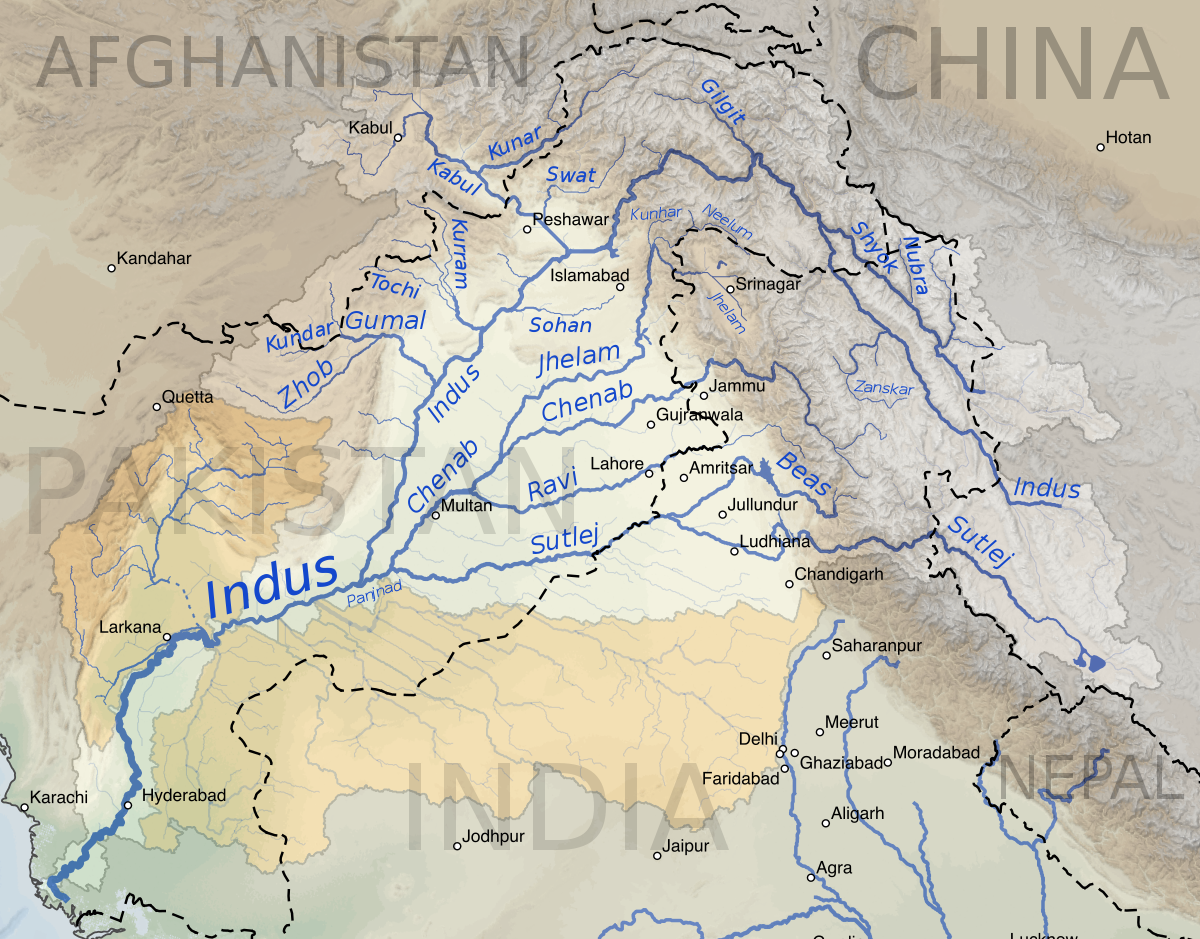The next time some academics tell you how important diversity is, ask how many Republicans there are in their sociology department.
Sociology: An Introduction
(part A)
(part A)
by
Charles Lamson
Throughout the world, significant social occasions are marked by parades. People walking or marching in the parade enjoy dressing in the appropriate uniforms or costumes and showing off before an admiring public. Spectators enjoy the pageantry, the excitement, the bands, the costumes, and much more. To sociologists and other keen observers, most parades are an occasion to observe people displaying many of the attributes of their societies that they value and enjoy.
 |
Mardi Gras parades (see Exhibit 1) are among the world's most joyous and exciting public displays. In New Orleans, where Mardi Gras parades are a famous feature of the city's culture, the colorful floats and often raucous masked "krews," or clubs, dancing through different parts of the city and its suburbs are a major tourist attraction. Mardi Gras, or Carnival as it is often called, expresses the society of New Orleans. An insightful and knowledgeable observer can watch how people from different social backgrounds---rich, poor, black, white, women, men, and so on---interact in the parades. And the way the parades and other Mardi Gras celebrations, especially the famous masked balls, have changed over the last few decades tells us a great deal about how New Orleans society is changing. The city's population is now more than 60 percent African American, so it is no wonder that elected officials have recently passed ordinances denying parade permits to krews like Comus and Rex, two of the oldest and most elite clubs, that exclude people of color. Or is it surprising that as visitors and tourists from all over the United States flock to New Orleans for Mardi Gras, some of the parade include krews and floats representing other communities.
These larger forces of social change are visibly transforming the nature of the Mardi Gras parades. A sociologist can use observations of Mardi Gras to study the way the local society of New Orleans functions---for example, who presents a float and which members of the city's elite still participate in the parade. Such observations can also reveal the way conflict is affecting New Orleans society, perhaps resulting in more integrated parades in the center of the city and more segregated ones in the suburbs. The observant sociologist can also watch how interactions among parade participants and bystanders reflect issues of gender and sexuality. Some masked revelers cross-dress in order to try on different identities. All of these subjects will come up in later parts of this analysis. The point here is that sociologists love parades for what they can reveal about underlying social relations.

The Sociological Imagination
It may take some thought to see why various kinds of parades tell us a great deal about our own and other societies. After all, one might argue that a parade is a special event. It is not meant to be read for its deeper social meanings. And no doubt most of the people who watch Mardi Gras parades are caught up in the fun of the event---by the creativity of the costumes, the flirtations that go on, the music and dance, and perhaps the drinking. They might be offended if someone asked them to look more analytically at the larger significance of their behavior. But a sophisticated understanding of social life requires some imagination. Although some participants in an event like a parade may be entirely caught up in the moment, others may also have fun while simultaneously thinking about what is going on at a deeper level.
One of the main goals of this analysis is to help you develop the ability to both participate in social life and step back and analyze the broader meanings of what is going on. This ability is often called the sociological imagination. In this analysis, I hope to help you develop this special insight, which will equip you to use sociological knowledge in your daily life. Most of all, I hope to enable you to use your sociological imagination to gain wisdom about the society in which we all participate and for whose future we are all responsible.
Most people need some help in developing a sociological imagination. This is especially true when it comes to understanding their own place in what might be thought of as the "parade" of social life. People with a limited sociological imagination often fail to distinguish between social forces and personal troubles. If they are excluded from the "parade" because they are unemployed, they blame themselves for failing to do better; if they divorce, they blame each other. When they see crime, they blame “human nature”; when they see success, they praise individual achievement. But this this tendency to think of life as a series of individual mistakes or successes blinds them to the fact that social conditions also shape their lives, often in ways for which they can hardly be held accountable. And the habit of seeing events mainly in terms of how they affect individuals blinds people to the possibility of improving the way their society is organized.

Sociologists are concerned with how social conditions influence our lives as individuals. Social conditions are the realities of the life we create together as social beings. Conditions such as poverty or wealth or crime and drug use, for example, differ from biological facts (facts concerning our behavior and needs as animals) and psychological facts (facts about our patterns of behavior as individuals). Sociologists do not deny that psychological facts are important. Differences among individuals help some people cope with stress better than others, seize opportunities that others allow to slip by, or fail where others succeed. But before saying that the success or failure of an individual or group is the result of psychological causes, the sociologist tries to look at how social conditions such as poverty or wealth, war, or changes in the availability of jobs affect the individual's chances of success.
According to sociologist C. Wright Mills, who made famous the term sociological imagination, people often believe that their private lives can be explained mainly in terms of their personal successes and failures. They are critical of themselves but not of their societies. They fail to see the links between their own individual biographies and the course of human history. Often they blame themselves for their troubles without grasping the effects of social change on their lives. "The facts of contemporary history," Mills points out, "are also facts about the success and the failure of individual men and women." Mills further states:
When a society is industrialized, a peasant becomes a worker, a feudal lord is liquidated or becomes a businessman. When classes rise or fall, a man is employed or unemployed; when the rate of investment goes up or down, a man takes new heart or goes broke. When wars happen, an insurance salesman becomes a rocket launcher; a store clerk, a radar man; a wife lives alone; a child grows up without a father. (The Sociological Imagination (C. Wright Mills; Oxford University Press, 1959, p. 3))
According to Mills, neither a person's biography nor the history of a society can be understood unless we consider the influence of each on the other. The social forces of history---war, depression or recession, increases in population, changes in production and consumption, and many other social conditions---become the forces that influence individuals to behave in new ways. But those new ways of behavior themselves become social forces and, in turn, shape history.

To take just one example, the not-so-distant ancestors of many African Americans were brought to the Western Hemisphere in slave ships. African Americans have experienced slavery, war, emancipation, segregation, and rural and urban poverty. In reaction to the historical forces that deprived them of full citizenship in the United States, they developed a variety of behaviors, from the spirituals that express their deep feelings of religious faith and protest to boycotts and demonstrations against segregation. These protests and demonstrations, which often took the form of a special kind of parade, became powerful social forces that continue to shape the history of the American people.
By applying the sociological imagination to events such as war-time rapes, suicide bombings, or to stock market "bubbles" and subsequent crashes, one can begin to "grasp history and biography and relations between the two within society" (Mills, 1959, page 6). A woman who has been raped by invading soldiers, for example, may be dishonored in her own village as if she were the guilty person. But if she understands that she has been caught in a conflict of historic proportions, she may be able to take on new courage and join others in combating violence against women.
One of the main objectives of this analysis is to help you apply your sociological imagination to an understanding of the social forces that are shaping your own place in the parade---that is, the forces that are shaping your life and those of the people you care about. The sociological imagination can help us avoid blaming ourselves needlessly for the trouble we encounter in life. It can help us understand, for example, why some people are rich and powerful but many others are not; why the benefits of good health care or enriching education are available to some but not to others; or why women may find themselves resenting the men in their lives. Sociological imagination helps us sort out which facts about ourselves are explained by our place in society and which ones are results of our own actions. Above all, the sociological imagination can suggest ways in which we can realistically affect change in our lives and society itself.

*SOURCE: SOCIOLOGY IN A CHANGING WORLD, 6TH ED., 2003, WILLIAM KORNBLUM, PGS. 4-5*
end
|

No comments:
Post a Comment